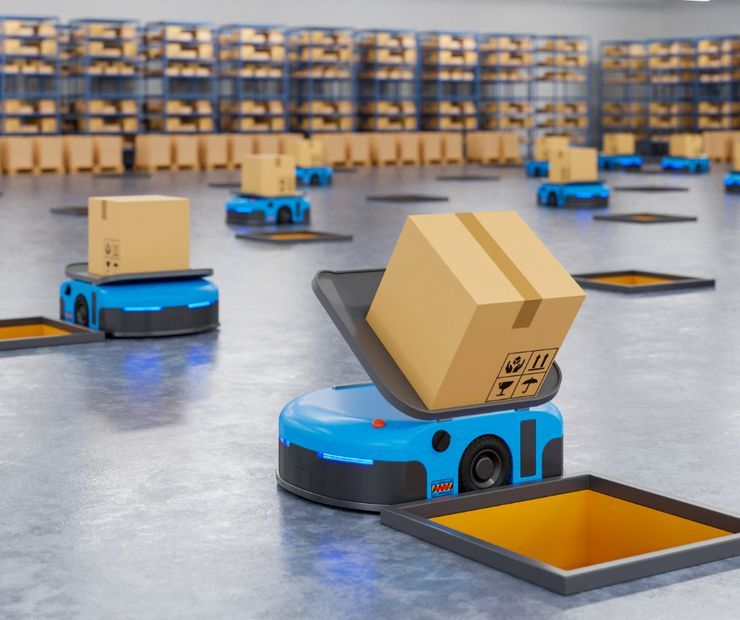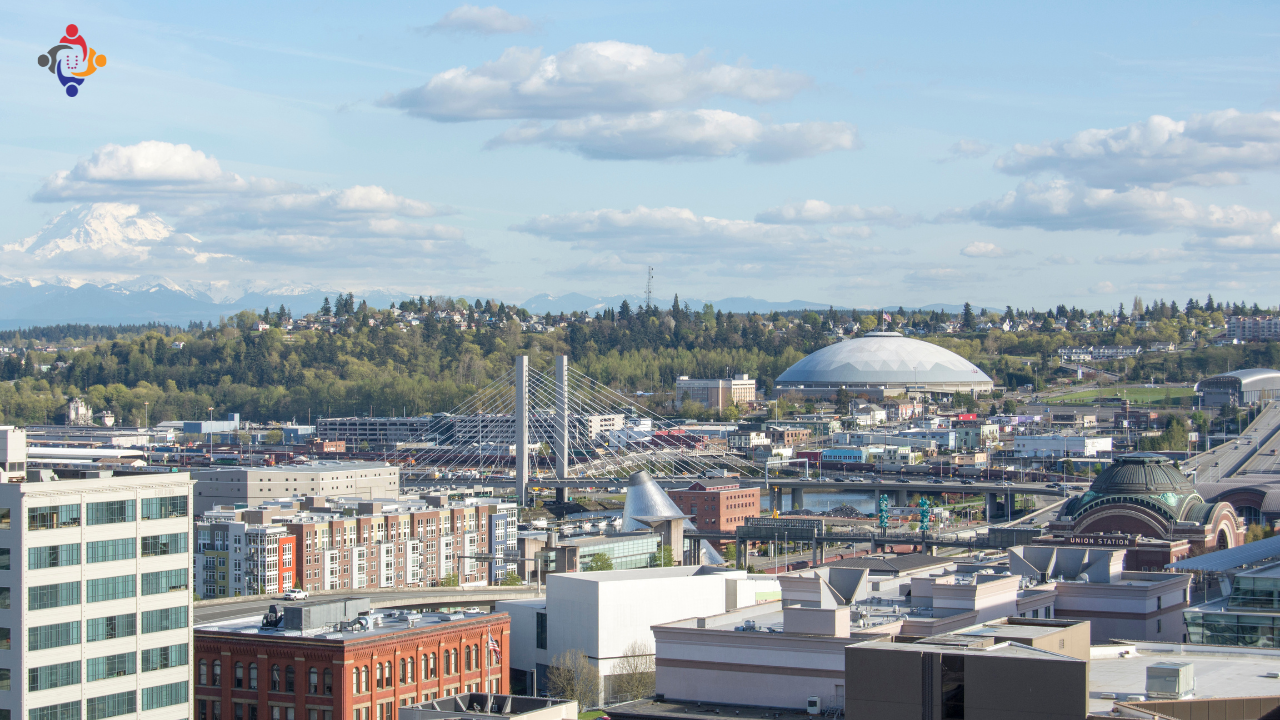Your Business Blueprint: Why You Need a Business Plan
Your Business Blueprint: Why You Need a Business Plan

So you've got a fantastic business idea - a product that will revolutionize the market or a service that offers something new and exciting to the masses. Perhaps your existing business is starting to really take off but you find it completely overwhelming and in need of some structure. Before you dive headfirst into tackling your biggest goals, take a step back and consider your roadmap to success: the business plan.
Think of a business plan as your GPS for the entrepreneurial journey. It's not just a document to appease investors (though it can definitely help with that too). A well-crafted business plan is a powerful tool that can benefit your business in several ways:
- Sharpen Your Focus: Turning your idea into a concrete plan forces you to think through every aspect of your business. Who are your target customers? What problem are you solving for them? How will you price your product or service? This process helps refine your idea and identify any potential roadblocks before you invest significant time and resources.
- Attract Funding: If you're looking for investors or a loan, a business plan is essential. It shows potential financiers that you've thoroughly researched your market, understand your competition, and have a clear strategy for growth. A solid plan builds trust and demonstrates your commitment to success.
- Set Goals and Track Progress: Your business plan isn't a static document. Use it to establish clear goals and milestones. As your business grows, you can revisit your plan to monitor progress, identify areas that need adjustment, and adapt your strategies as needed.
- Become a Communication Powerhouse: Crafting a business plan hones your ability to communicate your vision effectively. Whether you're pitching to investors, seeking partnerships, or recruiting employees, a clear and concise explanation of your business plan is key.
- Identify Potential Challenges: The process of writing a business plan can unearth potential weaknesses in your initial concept. For instance, you might discover a gap in your target market research or identify unforeseen competition. Recognizing these challenges early allows you to develop solutions before they become roadblocks.
Remember, a business plan is a flexible tool. There's no one-size-fits-all format. Tailor your plan to your specific business needs and goals. Don't be afraid to revisit and revise it as your business evolves.
If all of this seems like a lot to consider all at once, our Business Plan in a Day workshop takes just six hours, utilizing a handy mobile app to help you build your plan. If you decide you need even more assistance, that's where the Entrepreneurship Program comes in. This more in-depth course will help guide you and your business with the tools you need to succeed in this challenging market. Who knows, maybe YOUR plan will be the winner of the $5,000 grant at the end of the program!
In conclusion, a business plan is more than just a formality. It's a roadmap to success, a communication tool, and a vital part of your entrepreneurial toolkit. So, take the time to craft a strong business plan, and watch your business idea transform into a thriving reality.




Business Plan Training for Entrepreneurs in Gentrifying Neighborhoods
Business Plan Training for Entrepreneurs in Gentrifying Neighborhoods
Business Plan Training for Entrepreneurs in Gentrifying Neighborhoods
Copyright © 2023 Urban Business Support. All Rights Reserved. Managed & Designed by JLT Web Solutions. Our Privacy Policy.
Copyright © 2023 Urban Business Support. All Rights Reserved. Managed & Designed by JLT Web Solutions. Our Privacy Policy.
Copyright © 2023 Urban Business Support. All Rights Reserved. Managed & Designed by JLT Web Solutions. Our Privacy Policy.



